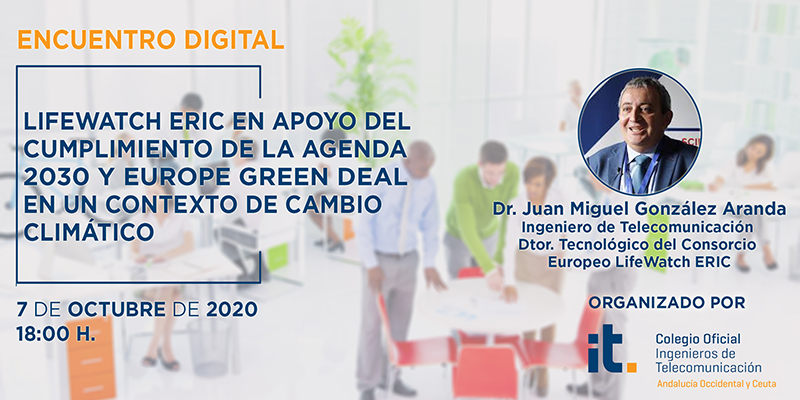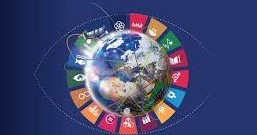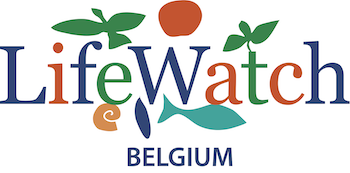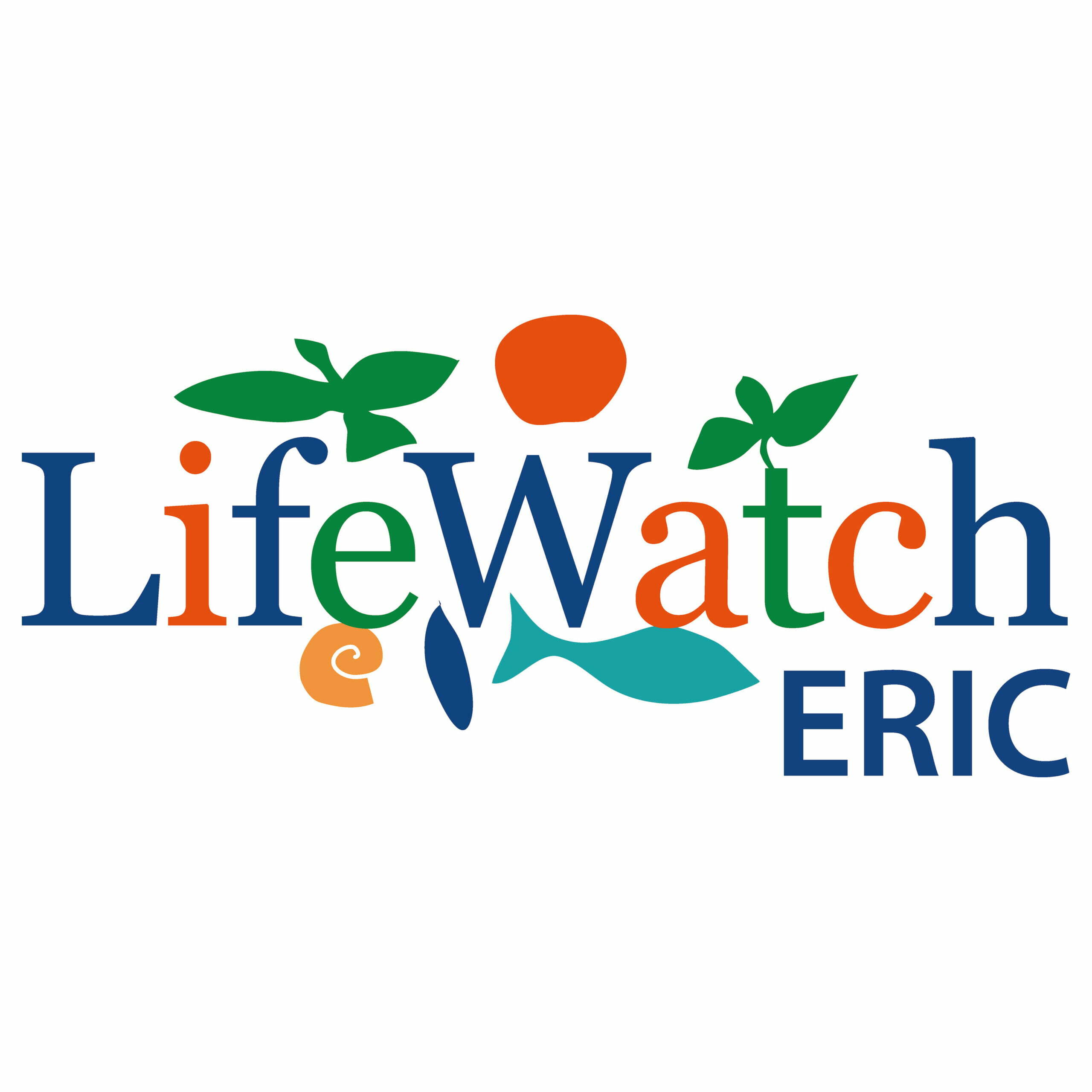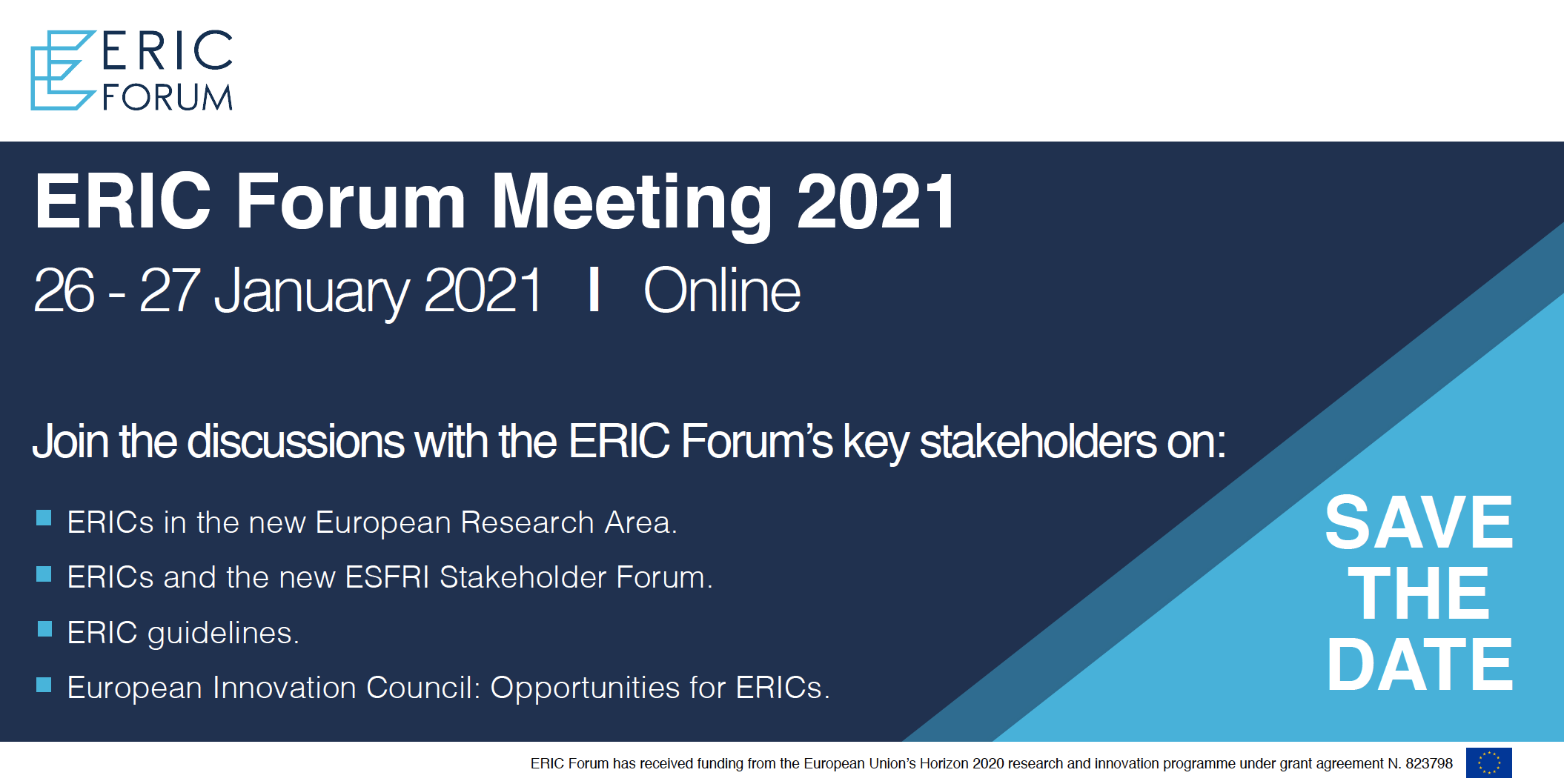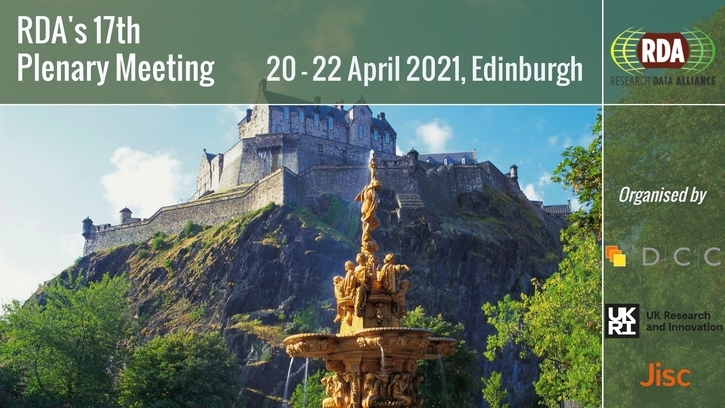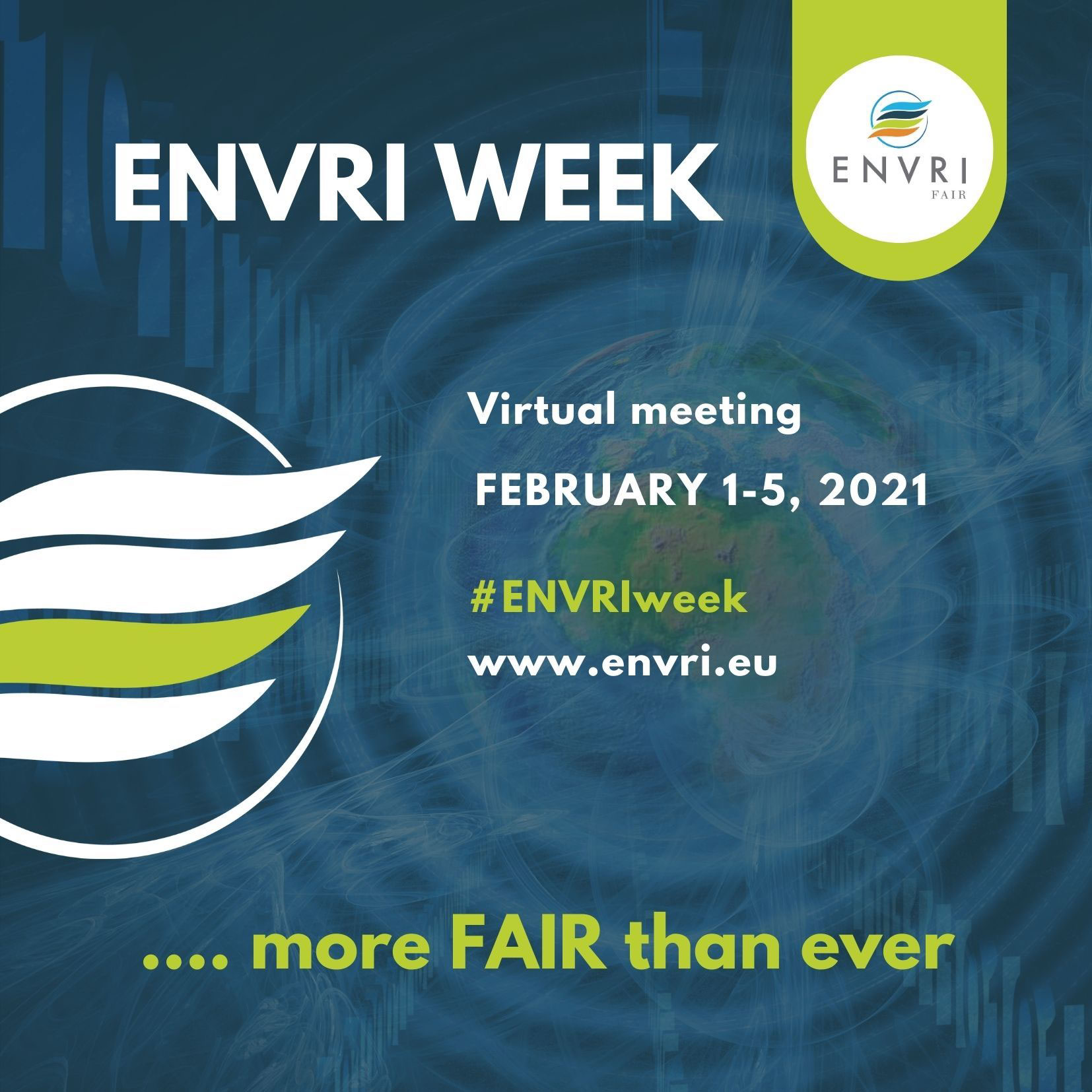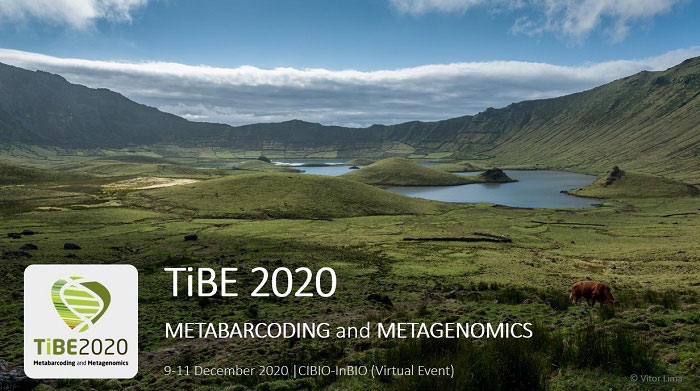Online, 15-16 October 2020. Due to the current Covid-19 situation, this year’s edition of the LifeWatch Users & Stakeholders Meeting will be entirely online!
On Day One, 15th October, the Belgian LifeWatch partners will bring a series of user stories, while on Day Two, 16th October,, specific aspects of the Belgian LifeWatch infrastructure will be demonstrated.
Registration is mandatory. Please register here. After registration you will receive a personal Zoom link that will be valid for both days.
Agenda:
Day One – Thursday October 15th 2020: User stories
10:00-10:20: General introduction LifeWatch Belgium
10:20-10:35: The World Ocean Assessment, a global exercise supported by the LifeWatch Species Information Backbone (Leen Vandepitte, VLIZ)
10:35-10:50: Downstream migration through a shipping canal: challenges on the road (Jenna Vergeynst, UGent)
10:50-11:00: Interactive questionnaire: which training is needed in the future?
11:00-11:15: Comparison of methods to model species habitat networks for decision-making in nature conservation: the case of the wildcat in southern Belgium (Axel Bourdouxhe, LifeWatch-WB)
11:15-11:30: mARS/POLA3R (Biodiversity.aq)
11:30-11:45: The need for accurate and comprehensive DNA sequence databases to reliably identify species of policy concern (Kenny Meganck and Sophie Gombeer, BopCo)
11:45-12:00: 15 minutes of questions
12:00-12:10: Closure of day 1 (outlook, prospects)
Day Two – Friday October 16th 2020: Demonstrations
10:00-10:05: Short introduction
10:05-10:25: LifeWatch data R package (VLIZ)
10:25-10:45: Agouti: A platform for managing wildlife camera-trapping projects (INBO)
10:45-11:05: Exploring the landscape via the ecotopes with GIS software (LifeWatch-WB)
11:05-11:25: POLA3R (Biodiversity.aq)
11:25-11:45: The process of DNA-based species identification: bushmeat as a case story (BopCo)
Please don’t hesitate to circulate this event in your networks!
Click here to link to the agenda.
